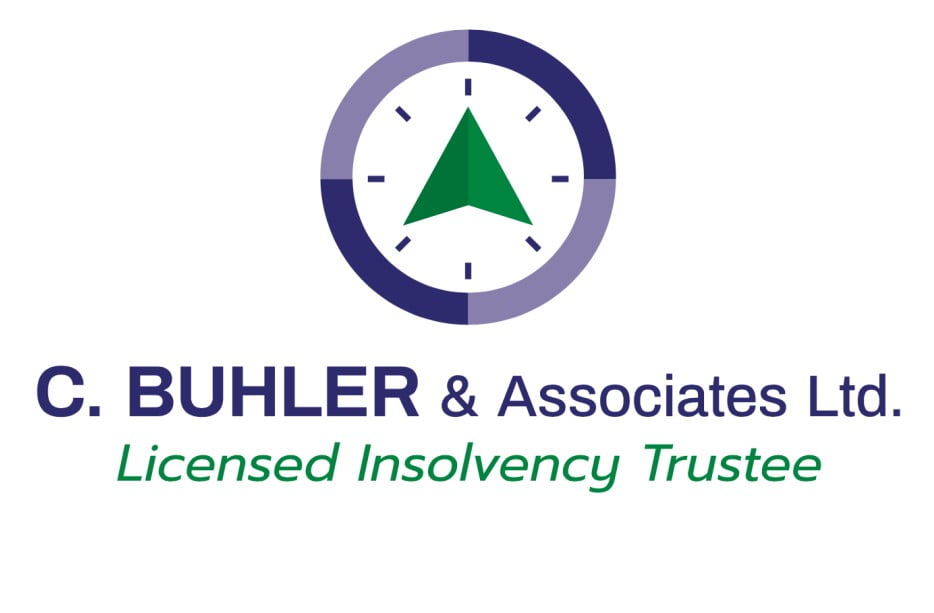A Licensed Insolvency Trustee is a debt professional, specifically licensed to handle bankruptcies and Consumer Proposals and to provide advice on debt options to all Canadians. How exactly do they do that? Here’s a quick overview:
Licensed Insolvency Trustees meet with debtors and explain their options
Licensed Insolvency Trustees meet with those in financial trouble by phone, video, and in-person, to better understand their situation. Once they uncover the details, a Licensed Insolvency Trustee will discuss all of the available options, not just those which they can help with. After a discussion of all options, including consolidation loans, budgeting fixes, financial counselling, Consumer Proposals, and bankruptcy, the debtor is free to make their choice as to what option best suits the situation.
Licensed Insolvency Trustees file Proposals and Bankruptcies with the Federal Government
Once a debtor has made a choice about which option they’d like to take, if that option is a Consumer Proposal or Bankruptcy, the Licensed Insolvency Trustee prepares the paperwork required to submit to the government of Canada, which will begin the file. The Trustee will arrange for the signature of the documents, either in person or electronically, and submit them on behalf of the client. Specialized software is required to submit the documents electronically, once they have been signed. When the government receives the documents, they issue an Estate Number, indicating the person is now bankrupt or has successfully filed a Consumer Proposal.
Licensed Insolvency Trustees collect payments under Consumer Proposals, and distribute funds to creditors
If a client chooses a Consumer Proposal, they make their payments to the Trustee, instead of paying to the creditor directly. The Trustee is required to open a bank account specifically for these payments, called a Trust Account. As the payments are made, the balance in the Trust Account increases, and eventually there is enough to distribute to creditors. The frequency of the payments is determined by the Consumer Proposal itself – each Consumer Proposal will specify how often the creditors can expect to be paid.
Licensed Insolvency Trustees administer bankruptcies
In the case of bankruptcy, a Licensed Insolvency Trustee has many duties. They start with notifying the creditors about the bankruptcy and realizing any assets that are not exempt by law. For example, in certain cases, a bankrupt will have a vehicle that is not exempt by law. A Trustee is responsible to safeguard the asset, selling it, and distributing the funds to creditors. Licensed Insolvency Trustees are also responsible to file the income tax return for the period of the tax year that is immediately prior to the date of filing. Any refund from this tax return, as well as any refund from the tax return for the remaining portion of the year, is an asset of the bankruptcy. In addition, a Licensed Insolvency Trustee must monitor your income, as you report it on monthly income and expense reports, and calculate any amounts that you owe for surplus income.
Licensed Insolvency Trustees are required to close their files in a timely manner
Licensed Insolvency Trustees are required to apply for their discharge, which usually takes place after the debtor has been discharged. In certain cases, Trustees must apply to Court for permission to close their file. In other instances, the Office of the Superintendent of Bankruptcy provides that permission.
Licensed Insolvency Trustees protect the integrity of the Bankruptcy and Insolvency System
A Licensed Insolvency Trustee is required to review each of their files and report any suspicious activity to the Office of the Superintendent of Bankruptcy. Licensed Insolvency Trustees must adhere to the Code of Ethics for Trustees, which forms part of the Bankruptcy and Insolvency Act.
The job of a Licensed Insolvency Trustee is not easy and involves many different tasks. For more information on what it’s like to be a Licensed Insolvency Trustee, contact us.





